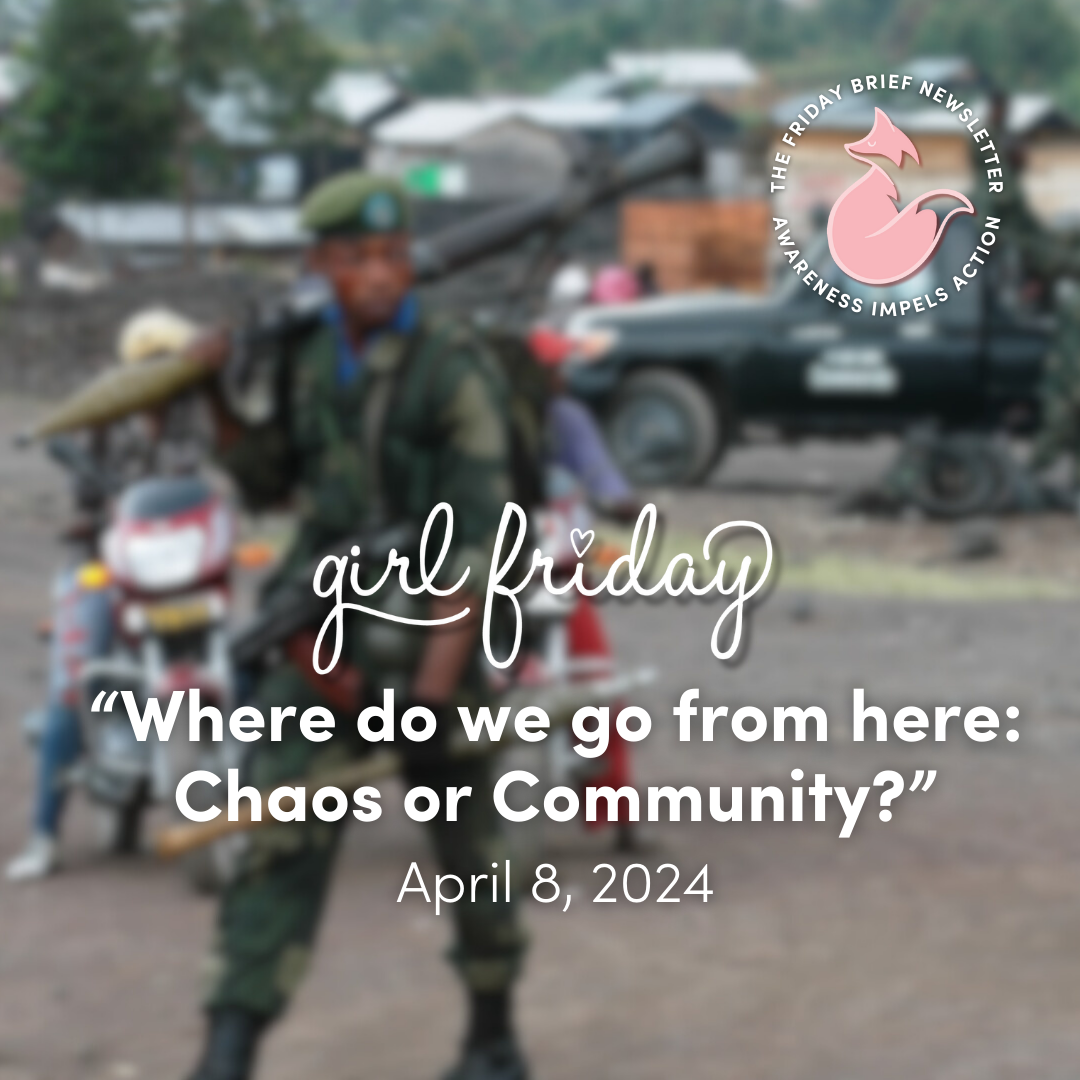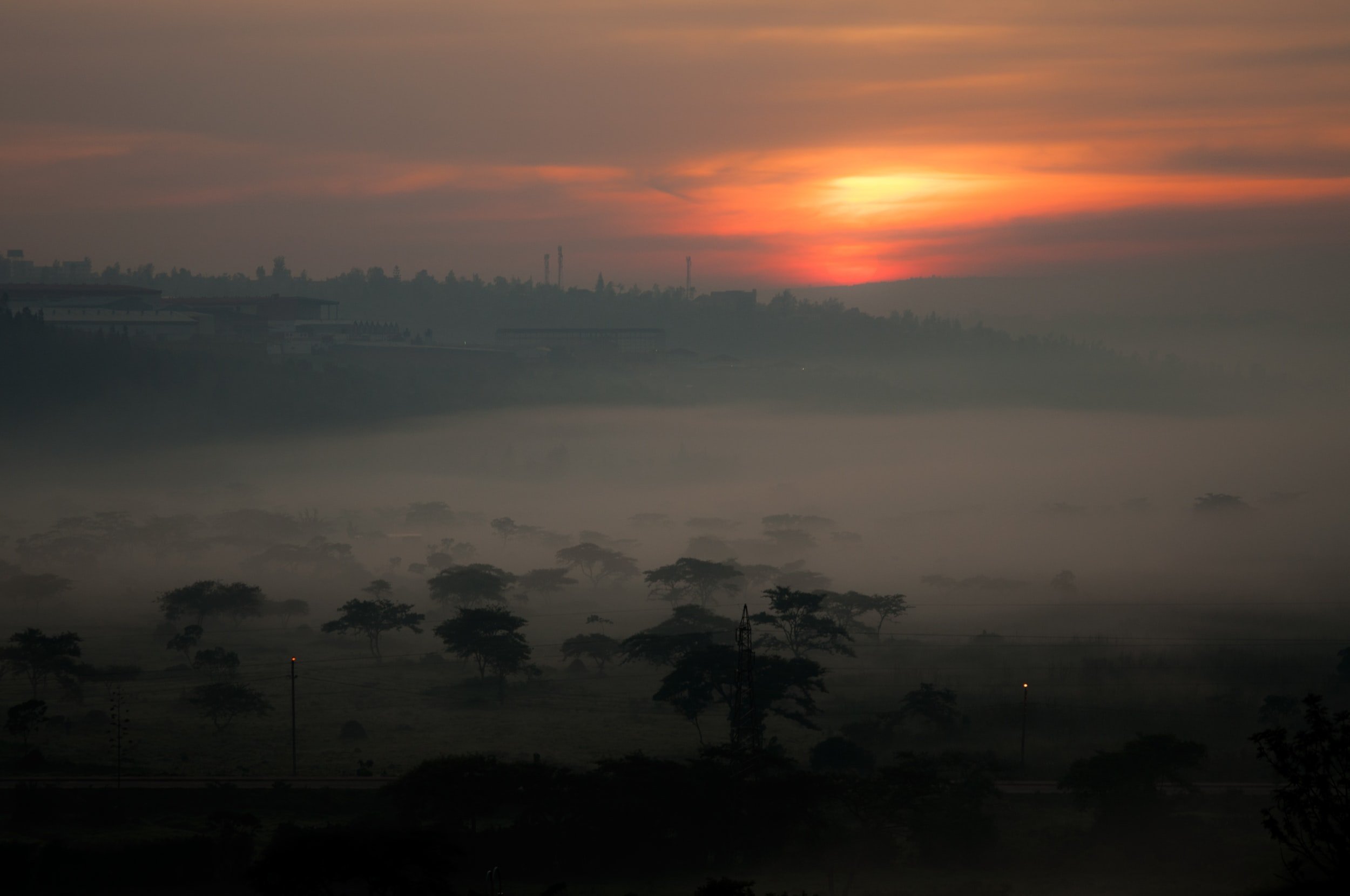
"Where do we go from here: Chaos or Community?"
As the media looks to the sky for a cosmic event today, governments should look inward to remember their roles in the Rwandan genocide. It has been 30 years since the start of 100 days of torture, sexual assault, and murder in Rwanda. What have political leaders implemented in the three decades since the conclusion of that genocide to prevent mass violence and ethnic cleansing? The lessons from Rwanda have started to feel more like faint echoes instead of righteous calls to action to prevent crimes against humanity. Nowhere are those seemingly ignored lessons more apparent than in the Democratic Republic of the Congo (DRC).

Remembering Rwanda
As grim footage from Bucha, Ukraine was revealed by U.S. news outlets, the world was reminded that this week was also the start of the horrific genocide in Rwanda 28 years ago. On April 7, 1994, Hutu extremists in Rwanda started a campaign of terror, killing Tutsis (an ethnic minority) and their political opponents. Tensions had been building for months, but the world largely ignored the obvious signs of impending disaster. What lessons can we apply now to prevent future atrocities?
